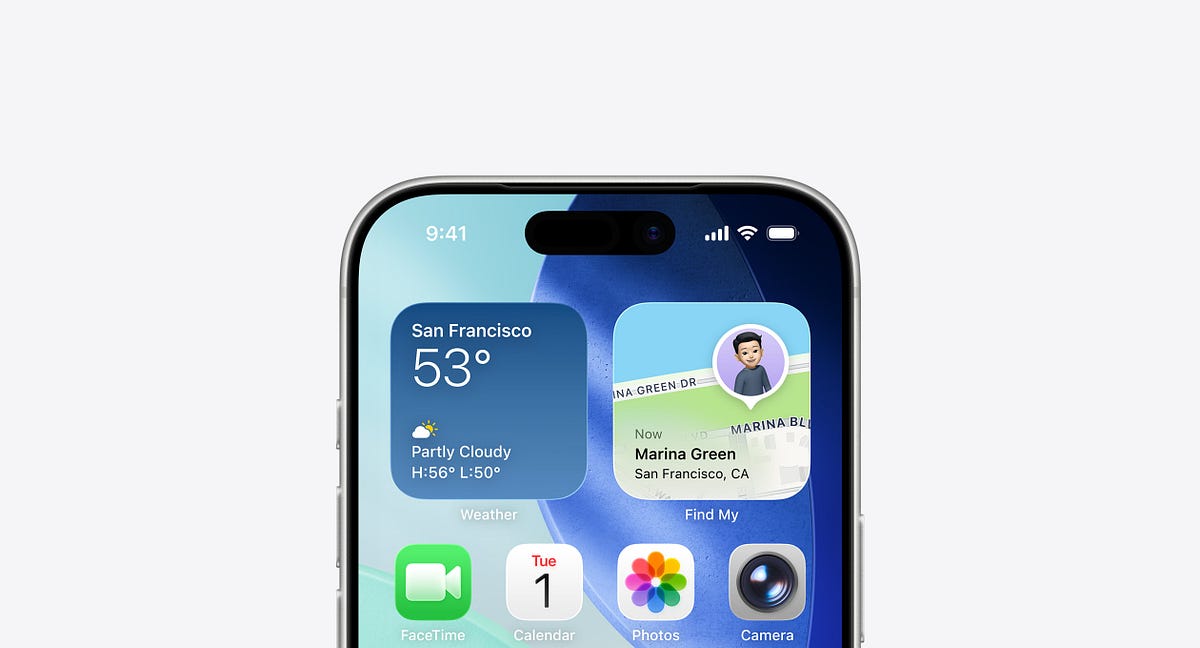
"The invention (or rather, the introduction) of Liquid Glass has clearly pushed Apple's design team to explore it across the system. The new material isn't just a skin, it's a catalyst that has led to subtle but meaningful new interface patterns. Interestingly, many of these patterns could have existed even without Liquid Glass. But this material gave Apple the perfect reason to showcase something new. To push the interface into feeling fresh again."
"One of the most noticeable changes is in how the bottom navigation behaves across native apps. For years, we've gotten used to the standard edge-to-edge bottom navigation bar - predictable, anchored, and fixed. But in iOS 26, it now "floats." It's rounded, padded from all edges, and lifted ever so slightly from the bottom of the screen. This change doesn't alter the functionality of navigation. It still does what it's meant to do. But visually, it communicates so"
"I've been using iOS 26 for a while now, and as a product designer, I can't help but look beyond its visual novelty. Because every aesthetic shift in Apple's ecosystem isn't just a visual story, it's a usability statement. Let's unpack what's really happening beneath the surface. Not just from a visual design perspective, but from an experience design and product design one."
iOS 26 introduces Liquid Glass as a system-wide material that functions as a catalyst for subtle but meaningful interface patterns. The material is applied across the system to showcase visual novelty while enabling new usability choices. Many new interface patterns could exist independently of Liquid Glass, yet the material provided an opportunity to refresh the interface. Design decisions rooted in material showcase reveal trade-offs between form and function. Bottom navigation now appears as a floating, rounded, padded bar lifted slightly from the screen edge. The floating navigation preserves existing functionality while altering visual communication and perceived affordances.
Read at Medium
Unable to calculate read time
Collection
[
|
...
]